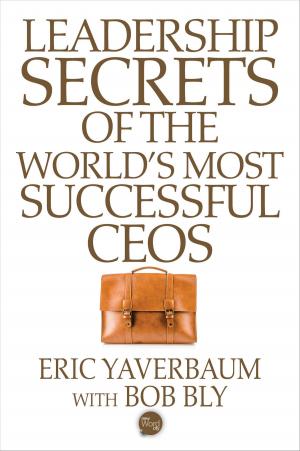| Author: | Grace Cole | ISBN: | 9781640191235 |
| Publisher: | New Word City, Inc. | Publication: | March 5, 2019 |
| Imprint: | Language: | English |
| Author: | Grace Cole |
| ISBN: | 9781640191235 |
| Publisher: | New Word City, Inc. |
| Publication: | March 5, 2019 |
| Imprint: | |
| Language: | English |
Here is the dramatic story of the barbarians, beginning with the epochal event that shook civilization and signaled the end of the western empire: the sacking of Rome by the Visigoth Alaric in the early fifth-century CE. Historian Grace Cole steps back and reviews the long history of barbarian invaders who pushed into Europe from the steppes of Asia, beginning 3,000 years ago with the nomadic Scythians, and then traces the tribes from Scandinavia, who migrated south to plague the empire until it finally crumbled. She examines the successes and failures of the principal barbarian tribes over the six centuries of their dominance and explores the surprising role of the Church as the era progressed. She covers the rise of France and the Holy Roman Empire and shows how the last great wave of barbarians - the Vikings -colonized a new world in Greenland and North America. Finally, she explains feudalism, the strange structure that held society together into the early Renaissance, outlining how it foreshadowed and laid the foundations for the civilization that became Europe. This rich heritage - the flowering of learning, the bold exploration and colonization of the globe, new political and economic structures, the idea of personal freedom - all were, in large part, the fruit of barbarism. And finally, the belief that barbarians and medieval Europe belonged to a dark age is conclusively put to rest.
Here is the dramatic story of the barbarians, beginning with the epochal event that shook civilization and signaled the end of the western empire: the sacking of Rome by the Visigoth Alaric in the early fifth-century CE. Historian Grace Cole steps back and reviews the long history of barbarian invaders who pushed into Europe from the steppes of Asia, beginning 3,000 years ago with the nomadic Scythians, and then traces the tribes from Scandinavia, who migrated south to plague the empire until it finally crumbled. She examines the successes and failures of the principal barbarian tribes over the six centuries of their dominance and explores the surprising role of the Church as the era progressed. She covers the rise of France and the Holy Roman Empire and shows how the last great wave of barbarians - the Vikings -colonized a new world in Greenland and North America. Finally, she explains feudalism, the strange structure that held society together into the early Renaissance, outlining how it foreshadowed and laid the foundations for the civilization that became Europe. This rich heritage - the flowering of learning, the bold exploration and colonization of the globe, new political and economic structures, the idea of personal freedom - all were, in large part, the fruit of barbarism. And finally, the belief that barbarians and medieval Europe belonged to a dark age is conclusively put to rest.















